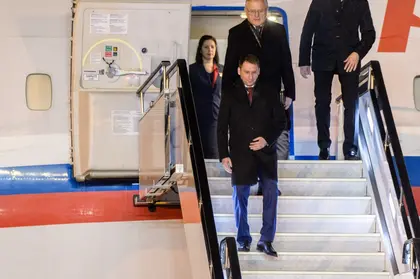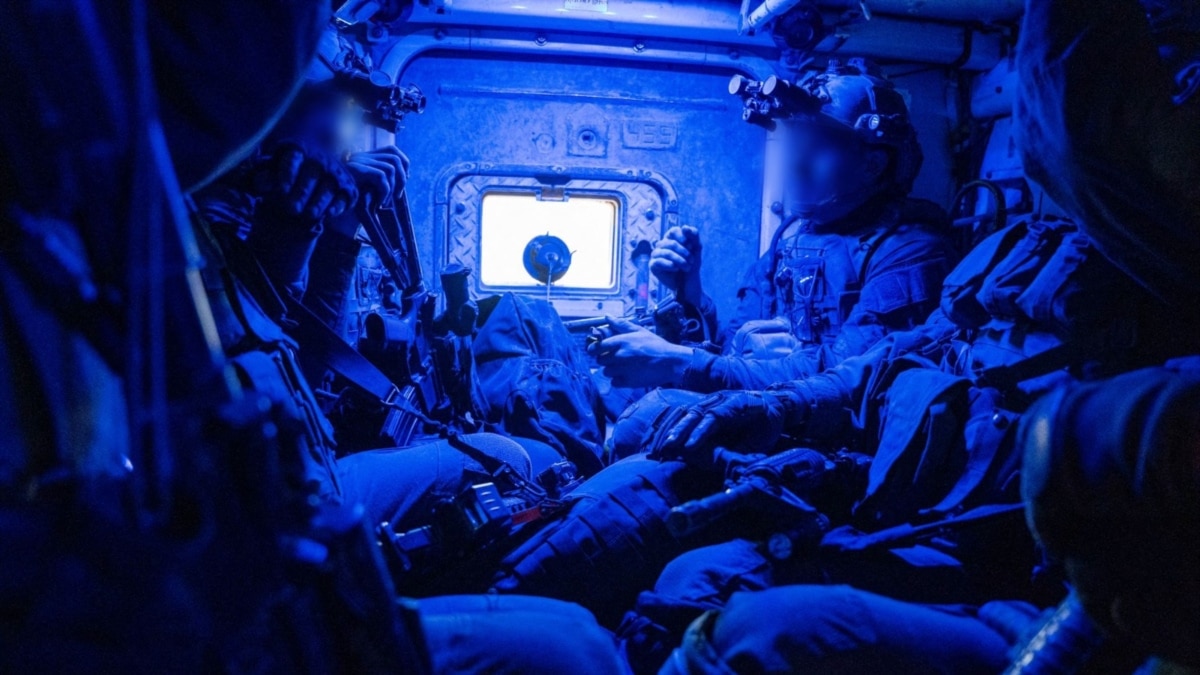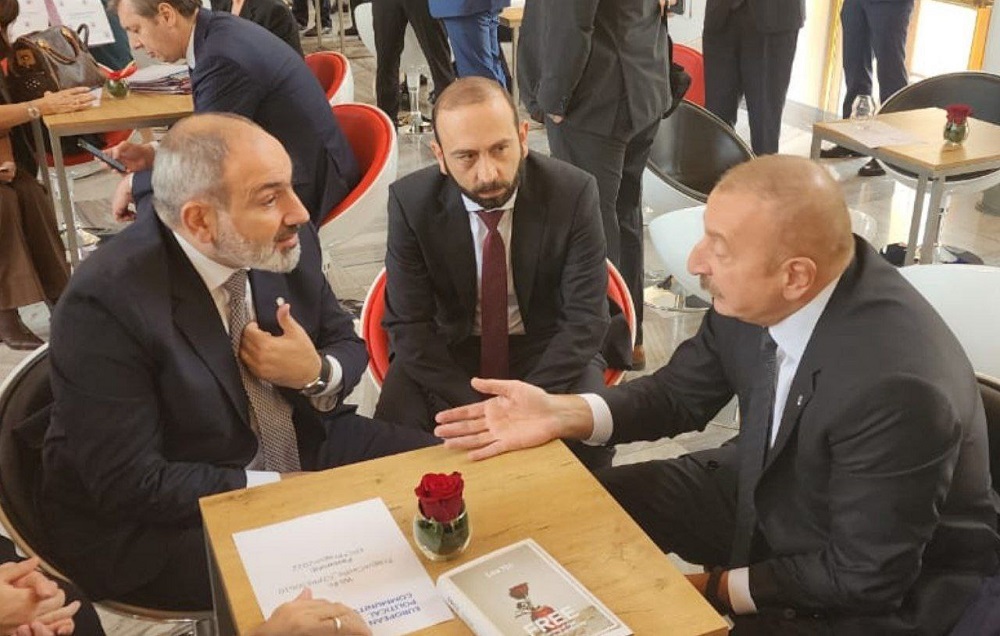Over the course of one week last week, President Volodymyr Zelensky had to deal with various allegations and comments surrounding him and his officials, with some scandalous accusations in TIME magazine serving as the cherry on top.
TIME magazine article’s allegations
In a TIME publication that sparked much controversy in Ukraine and abroad, Zelensky was portrayed as an embittered leader too weary to accept reality.
Ukraine was painted in the article as a country mired in corruption, with its military lacking personnel and Zelensky feeling “betrayed” by Western allies and refusing to listen to his colleagues. The article was based on unnamed sources from within the Ukrainian government.
The article’s timing could hardly have been worse, with US Congress in the midst of reviewing future aid for Ukraine. The negative publicity will also have been lapped up by the Kremlin to promulgate its own agenda, as well as giving a boost to Zelensky’s main political opponent and undermining Ukraine’s war efforts.
The article’s author, Simon Shuster, is a Russian-born US journalist focusing on Ukrainian issues. Speculation later arose that the comments came from Oleksiy Arestovych, Zelensky’s former advisor who recently announced his bid for Ukraine’s presidency and has been highly critical of Zelensky’s recent performance recently.
Both Shuster and Arestovych denied the claims, saying that they have not spoken to one other since Arestovych’s tenure in the government ended.

Historic allies Russia and North Korea are both under international sanctions — the former for its invasion of Ukraine and the latter for its nuclear weapons and missile programmes.
Zelensky’s government has since refuted the claims made by the article, with Presidential Advisor Mykhailo Podolyak calling them “the subjective point of view of a specific journalist.”
General Zaluzhny’s “stalemate” statement
General Valery Zaluzhny, Ukraine’s top commander, said the war in Ukraine had reached a “stalemate” in a rare media interview given to The Economist.
These words carry substantial weight coming from Zaluzhny – worse, for Zelensky, they appear to chime with comments made in the TIME article and could undermine Ukraine’s public morale in wartime.
During the interview, Zaluzhny likened the current situation on the front to World War I, with both sides having “reached the level of technology that puts us into a stalemate.”
According to Zaluzhny, unless a technological breakthrough can be achieved, Ukraine is in a less advantageous position compared to Russia, since Moscow has enough resources to keep “bleeding” its troops and fight a prolonged war.
“That was my mistake. Russia has lost at least 150,000 dead. In any other country, such casualties would have stopped the war,” Zaluzhny said.
He also noted the Ukrainian counteroffensive had yielded far less satisfactory results than expected, with the original aim being to reach Crimea in just four months.
Officials later issued a statement advising military officials against publicly disclosing sensitive information about the situation along the front lines, as such information “[makes] it easier for the aggressor to work.”
Potential peace talk negotiations
US and European officials have initiated discussions with Ukrainian officials regarding potential peace talks with Russia, according to an NBC News report.
Citing unnamed sources, the report said there had been growing concerns among US and European officials about the war reaching a stalemate.
Among the topics of discussion was a broad outline of potential compromises from Ukraine in exchange for security guarantees from NATO.
Ukraine has long rejected the idea of ceding any territory to Russia – a view sternly voiced by Zelensky in various media outlets.
The claims, if true, only correspond to the pessimistic outlook on the front line for Ukraine and the risk of dwindling support from Western allies for Zelensky. They paint a grim picture as opposed to the positive outlook Zelensky has been trying to portray for Ukraine.
Sensitive leak from the head of Special Operations Forces
Major General Viktor Khorenko, Ukraine’s Special Operations Forces (SSO) commander, was replaced by Serhiy Lupanchuk after Khorenko gave his first interview while in post on the exploits of Ukraine’s special forces.
Among the details were the SSO’s involvement in attacks inside Russian territories – actions that require deniability from the Ukrainian government.
One peculiarity regarding the interview was that it was released by the SSO itself on YouTube, with details that would normally be kept secret by intelligence agencies, signifying a potential compromise in operational security. Such details could help Russia prepare for future operations and is likely the reason for Zelensky replacing Khorenko with Lupanchuk.
Also worthy of note is Khorenko’s claim that he was not informed about his dismissal until he read it in the news; furthermore, there have been conflicting accounts as to whether General Zaluzhny was informed of the replacement as well.
Russian strikes on frontline award ceremony
On Nov. 3, more than 20 soldiers died in a Russian missile strike conducted against the Ukrainian 128th separate assault brigade during an alleged award ceremony on the front line in the Zaporizhzhia region.
Ukrainian officials have not confirmed that an award ceremony had taken place at the time of the attack.
The incident led to outcries from different quarters as they ridiculed the government for hosting an award ceremony on the front line despite the obvious danger.
While Zelensky was unlikely to be directly involved in the incident, it still undermines public trust in the government – something that is much needed after the tumultuous week with various scandals and allegations.
According to Defense Minister Rustem Umerov, investigations are underway to ascertain the cause and circumstances surrounding the incident.







 image/jpeg
image/jpeg 